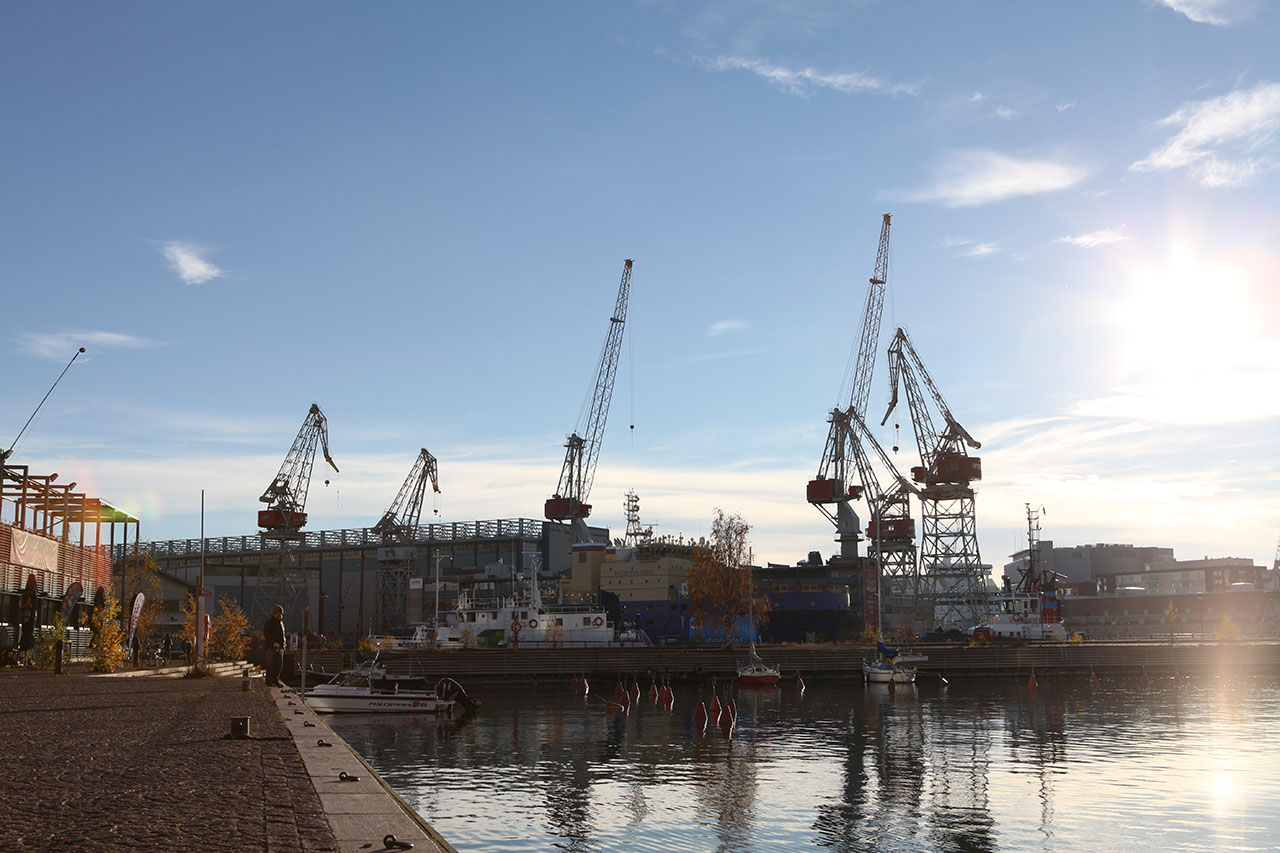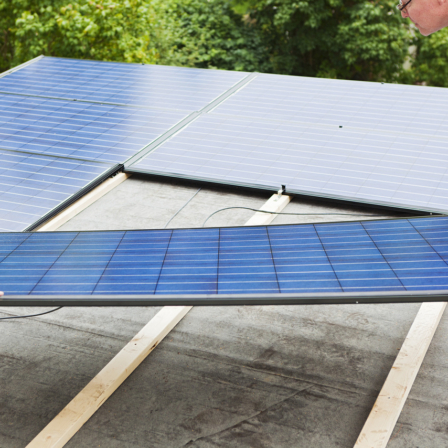Cities are at the centre of the search for solutions to help us adapt to climate change. Within five years, there will be an annual market worth 1.5 trillion euros in cleantech solutions for smart cities. This is 25 times the value of Finland’s annual exports. Sitra has studied the global megatrends underlying this development and explored the potential opportunities for Finland in six sectors: energy, water and waste management, transport, construction, industry and the bioeconomy.
“Climate change is the most wicked problem facing the world. As well as using the most effective means available to solve this problem, we need new, smart solutions. We need to move quickly if we want to keep global warming below the critical path of 2°C. Finland too will have to get into shape for these exponentially growing markets,” says Mari Pantsar, a Director at Sitra.
An extensive foresight analysis of global cleantech markets in 2050 pinpoints the following key megatrends in the low-carbon sector: Climate change, The future of energy, Smart is the new green, The future of mobility, Urbanisation and The future of infrastructure. Smart cities are the common denominator between these megatrends. Sitra drew up its report in collaboration with international consultants Frost & Sullivan.
Megatrends will transform our society and its economic base over the next few decades. Key forces of change will include urbanisation, as well as smart solutions in the areas of energy, mobility and urban infrastructure. Fossil-based energy forms are losing their market value, transport is rapidly switching to electric vehicles, and new megacities are emerging.
“A low-carbon world is approaching and cities are the drivers of this change. Today, cities generate 80% of global carbon dioxide emissions. Intelligent Transport Systems (ITS) will be important by 2050, but rapid breakthroughs can also be expected in areas such as energy storage, where the annual market for new solutions aimed at producer-consumers will be worth more than 110 billion euros,” says Tiina Kähö, Senior Lead at Sitra.
The transformation to a low-carbon world economy will not be achieved quickly enough without technological breakthroughs and innovations, even if scaling up current solutions is sufficient to close most of the emissions gap.
Certain sectors of the global cleantech markets will grow exponentially, due to the way in which digitisation and carbon neutrality are transforming the world and business practices. The most dramatic changes and growth will occur in the mobility sector: according to our study, intelligent transport systems, fuel-cell, electric and hybrid cars, and automated vehicles will create an annual global market worth over 8,000 billion euros by 2050.
Among Finland’s current areas of strength, there is still growth potential in the bio-sector. However, global market expectations are highest with regard to mobility, energy solutions and sustainable buildings. For Finnish companies, a key area lies in combining digitisation with traditional sectors, since many growth opportunities lie in bringing smart solutions to industrial processes.
“The strongest growth prospects can be found in new services related to energy systems and transport. This means that we need to move fast in developing our strengths in these success areas of the future and in creating the related services and solutions. In the coming decades, the world’s cities will invest as much in infrastructure as the historical global spend up to the present day,” says Kähö.
Publication details
Sitra Studies 102: Benefits of Carbon Neutrality in a Rapidly Changing Business Environment
Author: Frost & Sullivan
Place of publication: Helsinki
Year of publication: 2015
Published by: Sitra
Layout: 100 p.
ISBN: 978-951-563-941-7 (print) / 978-951-563-940-0 (PDF)
ISSN: 1796-7104 (print) / 1796-7112 (PDF)
Download the report: https://staging.sitra.fi/julkaisut/Selvityksiä-sarja/Selvityksia102.pdf
See infographics from key findings of the report: http://www.slideshare.net/SitraEkologia/infographics-key-megatrends-driving-lowcarbon-business-and-future-global-markets





















Recommended